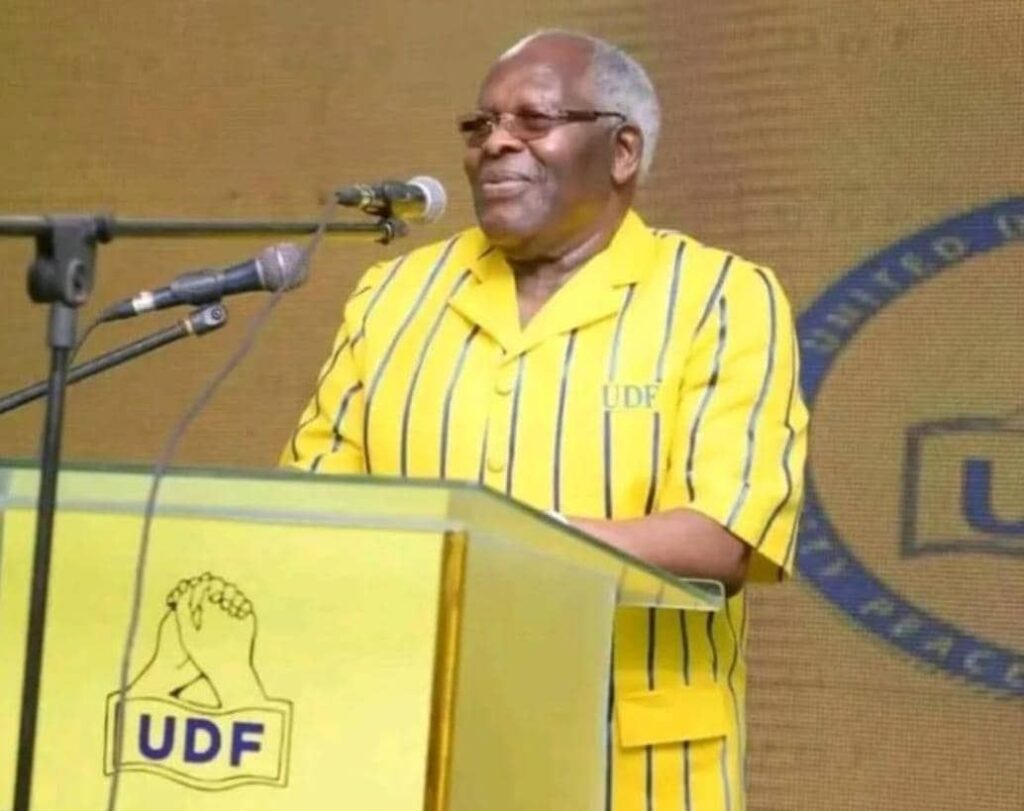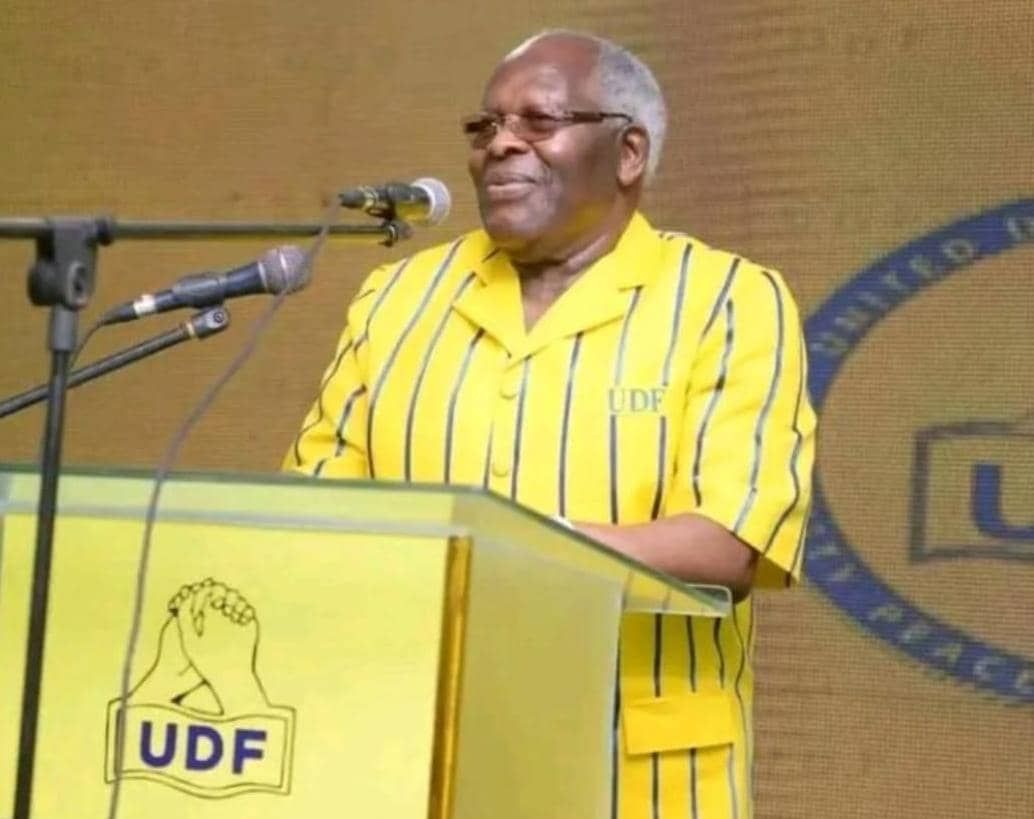By Twink Jones Gadama
The United Democratic Front (UDF) convention at COMESA Hall witnessed a striking contradiction from its patron, Bakili Muluzi.
He emphasized the party’s tolerance and democratic values, citing the 1993 attainment of democracy in Malawi as the reason for inviting the Malawi Congress Party (MCP).
However, Muluzi’s stance on not barring the MCP delegation sparked resistance from party members, raising questions about his understanding of democracy.
In a democratic setup, the majority’s voice holds sway. By condemning the rejection of MCP’s presence, Muluzi seemed to overlook this fundamental principle.
Democracy is about respecting the will of the people, even if it contradicts individual preferences. Muluzi’s actions, therefore, came across as undemocratic.
The UDF, founded by Muluzi in 1992, prides itself on being a liberal party.
Its history is marked by significant milestones, including becoming the majority party in parliament with 75 seats, surpassing the MCP’s 59 seats.
However, the current developments have led to speculation about the party’s true nature.

The Family Party Debate
With Bakili Muluzi as patron and his son, Atupele Muluzi, as president, many have begun to question whether the UDF has become a family entity ². Senior party members have disputed these claims, but the coincidence is hard to ignore.
Atupele Muluzi’s presidency, which began in 2012, has been a subject of discussion, especially after his brief departure from the party.
The UDF’s manifesto emphasizes inclusive reforms and transformation.
However, the recent events have cast a shadow on the party’s commitment to democracy.
The resistance from party members against the MCP’s invitation highlights the complexities within the UDF.
Challenges Ahead
As the UDF navigates these challenges, it must reconcile its democratic values with the aspirations of its members.
The party’s history, marked by significant contributions to Malawi’s democratic journey, is at risk of being tarnished by internal conflicts.
The UDF’s ability to address these concerns will determine its future in Malawi’s political landscape.
As the country watches, one thing is clear: democracy requires respecting the will of the people, even when it’s inconvenient.



